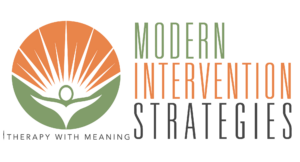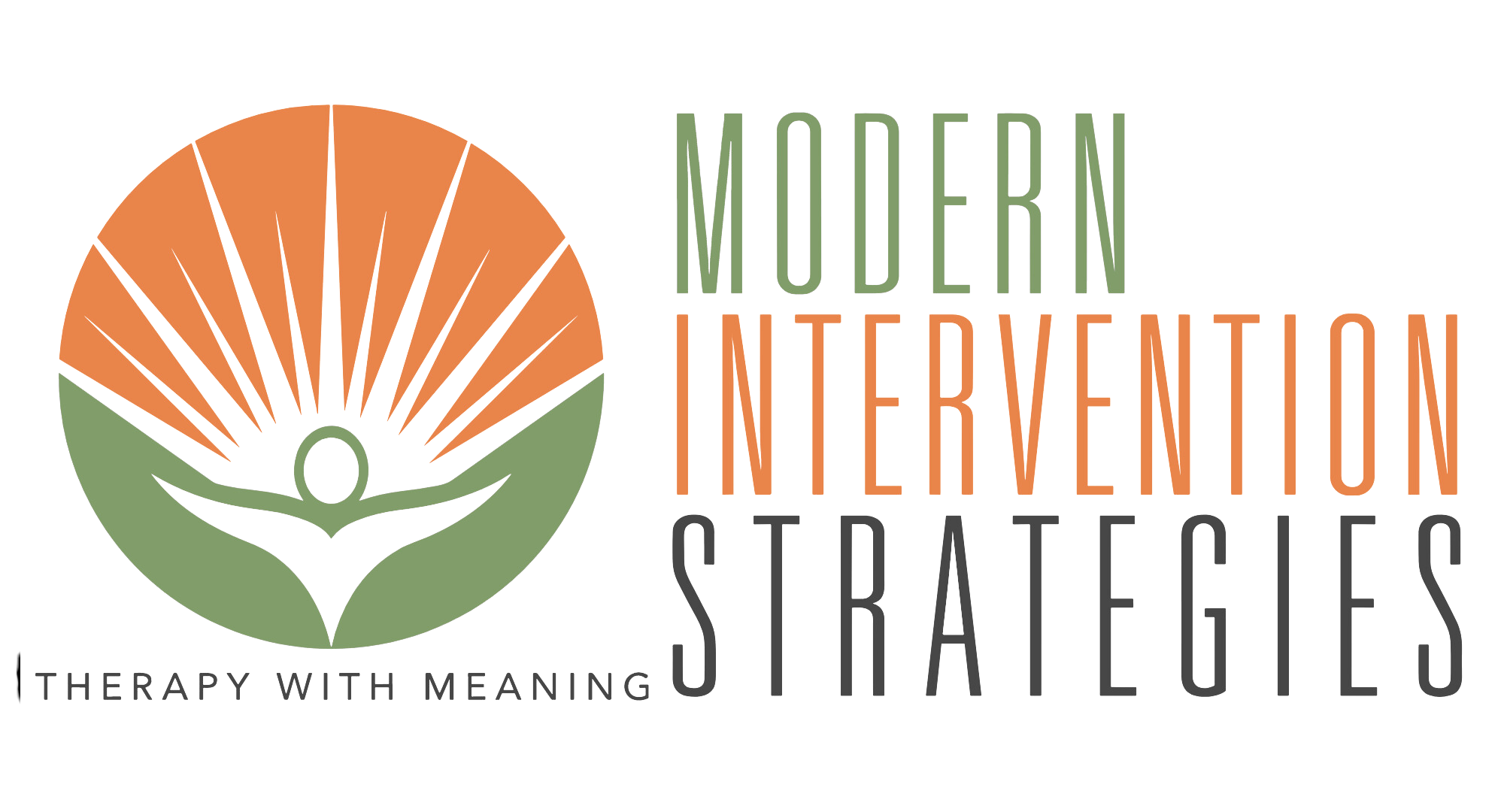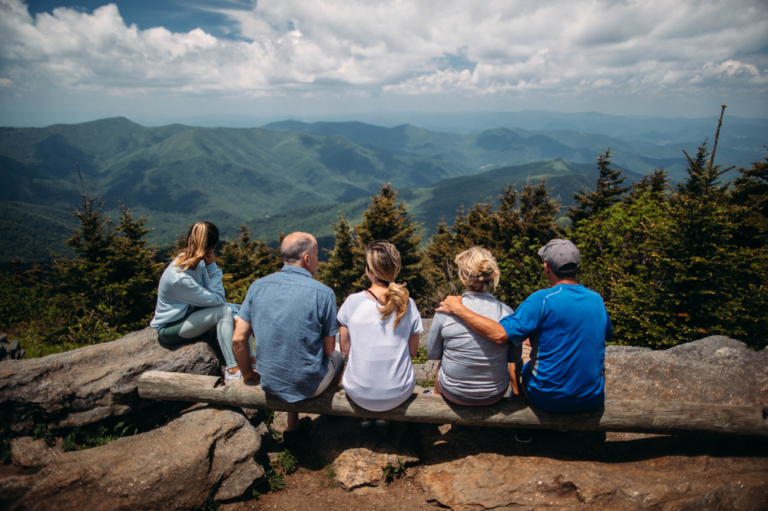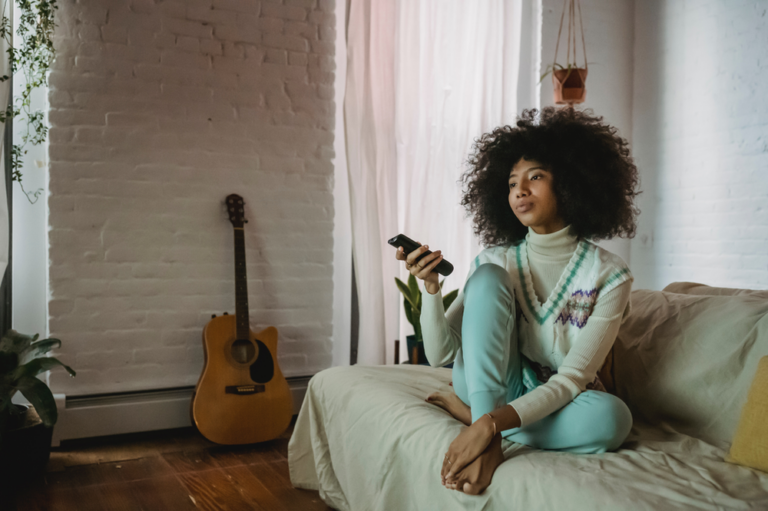Alcohol is often turned to for instant relief, especially for those grappling with anxiety or other emotional burdens. The initial “calm-you-down” feeling alcohol brings makes it seem like a quick escape. Yet for many, the calm quickly gives way to increased anxiety and guilt that can last long after the drinking ends. Having experienced the effects firsthand and seen others go through it, I’ve come to see how alcohol and anxiety can form a trap that’s hard to escape. Here, I’ll share insights into how alcohol affects anxiety and practical steps to break the cycle.
How Alcohol Alters Brain Chemistry and Heightens Anxiety
Alcohol affects brain chemistry in ways that can actually increase anxiety over time. It interacts with GABA receptors, which produce calming effects, temporarily relieving anxiety and stress. But this relief is short-lived. As the alcohol wears off, the brain counters the increased GABA by producing glutamate, a chemical that stimulates anxiety and agitation. I like to think of it like a seesaw—drink, feel calm, then as the effect fades, your brain has already flooded you with more glutamate, leaving you feeling even more anxious than before.
If you’re like me or many people I know, this seesaw effect becomes familiar after a while, especially when drinking at a specific time each day becomes a habit. Your brain begins expecting that calming GABA boost at a certain hour. If you don’t drink, it still produces more glutamate, preparing for the “usual” chemical shift. This pattern creates a tough cycle, as the anxiety can feel even more intense without alcohol, making it easy to keep reaching for that drink.
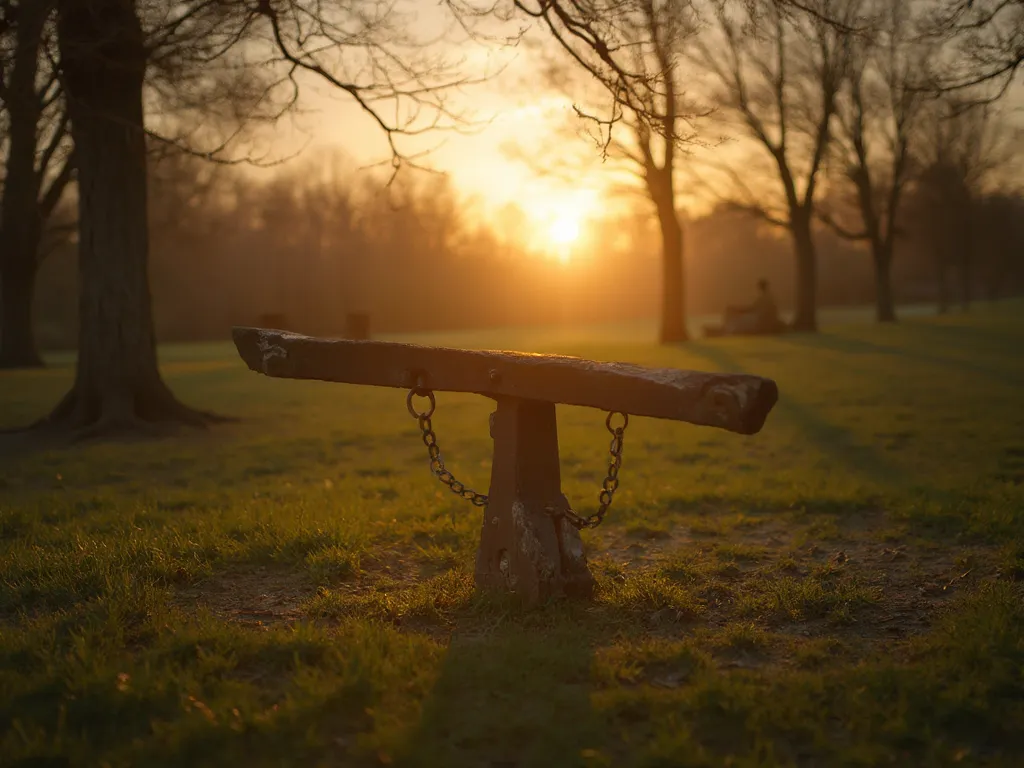
Behavioral Impact of Drinking: How Alcohol Leads to Regret and More Anxiety
One often-overlooked aspect is how alcohol affects decision-making, sometimes leading to behaviors we later regret. Drinking can lower inhibitions and skew our thinking, making it more likely to say or do things that lead to embarrassment, guilt, or conflict with others. For anyone dealing with anxiety, these actions only add more stress. A few drinks might temporarily soothe the tension, but the aftermath can be a flood of worry about “What did I say?” or “Did I mess up?”
This effect on behavior can be particularly damaging to relationships. When friends or family get upset because of something that happened while drinking, it can strain bonds and add social stress into the mix. If you’ve ever felt a creeping sense of anxiety after a night out—replaying conversations or cringing at things you did—you’re not alone. This cycle of behavior-induced anxiety can snowball, compounding pre-existing anxiety disorders and making it harder to overcome.
The Emotional Hangover: Anxiety After Drinking
After a night of drinking, many experience what’s often called an “emotional hangover” or “hangxiety.” This is that overwhelming dread and worry that tends to creep in the next day, sometimes even without any clear reason. The term may be informal, but the science behind it is very real. When alcohol temporarily numbs uncomfortable emotions, it often brings them back stronger later, especially if you’ve been drinking to avoid dealing with specific memories, losses, or traumas.
When I’ve seen people struggle with alcohol and mental health, it’s often tied to reliving painful memories. The brain has a tendency to pull up repressed thoughts when our defenses are down, and drinking can remove those mental barriers. As a result, those unresolved feelings resurface, and with a compromised filter, they can feel even more painful.
The Impact of Alcohol as a Coping Mechanism
One of the biggest misconceptions about alcohol is that it helps manage anxiety. While it may feel like it’s helping at first, long-term alcohol use to cope with anxiety and stress often creates more problems than it solves. I’ve noticed that when someone uses alcohol to cope, they eventually get stuck in a cycle where drinking becomes the main source of relief. Over time, this dependency not only fails to ease anxiety but begins to amplify it.
In fact, if you rely on alcohol for coping, it can make you feel that other parts of life are simply obstacles you must endure until you get that drink. It might get to a point where, outside of those drinking moments, it’s tough to enjoy other aspects of life—friends, hobbies, work, or relaxation all lose their appeal. When someone feels like drinking is the only time they experience any relief, that’s a clear sign the relationship with alcohol has become counterproductive.
Breaking Free: Practical Steps to Reduce Alcohol-Related Anxiety
- Acknowledge the Pattern: Recognizing the way alcohol impacts your anxiety is the first step. Take note of whether your anxiety feels worse the day after drinking or if you’ve been using it to cope with tough emotions. Awareness helps you start exploring other coping methods.
- Replace Alcohol with Healthy Alternatives: When it’s time to unwind, try practices that don’t have side effects, like exercise, meditation, or deep breathing. For example, that “put on your yoga pants” feeling can come from a relaxing routine instead of a drink, giving you a similar sense of relief without the next-day anxiety.
- Seek Support: If alcohol dependency is part of the picture, finding support can be a game-changer. Whether it’s through therapy, a support group, or just talking to a friend who understands, connecting with others can provide the encouragement you need.
- Set Boundaries Around Drinking: If you choose to drink, setting limits can help reduce the risk of post-drinking anxiety. Having a specific amount in mind and sticking to it can keep things more manageable and reduce the emotional and physical fallout.
- Practice Patience: Changing your relationship with alcohol and managing anxiety can be a process, especially if alcohol has become your main go-to. Recognize that this won’t necessarily change overnight, and that every small shift matters.

Conclusion: Finding Relief Beyond Alcohol
It’s no small task to confront the role alcohol plays in anxiety. Breaking free from this cycle often means rediscovering other sources of joy, relaxation, and connection that don’t come with the cost of increased anxiety. The temporary relief from alcohol might feel helpful in the moment, but in the long run, it often complicates mental health and traps you in a cycle of anxiety and dependency. Recognizing these patterns and taking small, intentional steps can make a meaningful difference.
If you’re ready to make a change, know that it’s possible to find calm without alcohol and to face anxiety in ways that don’t leave you feeling worse the next day. Taking back control can be challenging, but every step you take away from that cycle brings you closer to genuine peace and well-being.
